Staying compliant with trucking regulations is paramount for ensuring safety, efficiency, and legal adherence. In an industry where the stakes are high, and the margins for error are slim, understanding and following these regulations is not just about avoiding fines; it’s about maintaining a high standard of service and safety.
Trucking regulations are designed to protect drivers, other road users, and the integrity of the freight being transported. They ensure that the trucking industry operates under standards that promote safety, environmental responsibility, and fair competition. By adhering to these regulations, companies can avoid costly penalties, reduce accident risks, and build a reputation for reliability and professionalism.

10 Key Trucking Regulations
Here are 10 key trucking regulations your staff should be familiar with. Each plays a critical role in maintaining compliance and operational excellence.
1. Hours of Service (HOS) Regulations
The HOS regulations, set by the U.S. Department of Transportation (DOT) through the Federal Motor Carrier Safety Administration (FMCSA), limit the number of hours a driver can operate a commercial motor vehicle (CMV) to prevent fatigue-related accidents. Drivers are required to take mandatory breaks and have sufficient off-duty time to rest.
2. Electronic Logging Devices (ELDs)
ELDs electronically record a driver’s Record of Duty Status (RODS), ensuring compliance with HOS regulations. These devices replace paper logs and help to prevent the falsification of driving hours.
3. Driver Qualification Files (DQF)
Employers must maintain a DQF for each driver, which includes their employment application, driving records, medical certificates, and other pertinent documents. This ensures that all drivers meet the necessary qualifications and health standards.
4. Drug and Alcohol Testing
Regular drug and alcohol testing is required for CMV drivers to ensure they are not under the influence while operating vehicles. This includes pre-employment, random, post-accident, and reasonable suspicion testing.
5. Vehicle Maintenance and Inspections
Regular maintenance and inspection of vehicles are mandated to ensure they are safe to operate. This includes daily inspections by drivers and periodic, more thorough inspections by qualified technicians.
6. Hazardous Materials Regulations (HMR)
These regulations govern the transportation of hazardous materials, requiring proper labeling, packaging, and handling procedures to ensure safety during transit.
7. Weight and Size Limits
CMVs must comply with federal and state weight and size limits to avoid road damage and ensure safe vehicle operation. Overweight or oversized loads require special permits and routing considerations.
8. Commercial Driver’s License (CDL) Requirements
Drivers must hold a valid CDL appropriate for the type of vehicle they operate. This includes passing knowledge and skills tests, and meeting medical and residency requirements.
9. Cargo Securement Rules
Properly securing cargo is critical to prevent load shifts that could cause accidents or damage. The FMCSA sets standards for how different types of cargo should be secured.
10. Environmental Regulations
These include rules on emissions and idling to minimize the environmental impact of trucking. Compliance with these regulations is crucial for reducing the carbon footprint of transportation operations.
Stay Compliant With ATC
Understanding and adhering to these key trucking regulations is vital for the safety, efficiency, and legal compliance of any transportation operation. Each regulation serves a crucial purpose, from preventing accidents and ensuring the well-being of drivers to maintaining the integrity of the cargo and minimizing environmental impact. By staying compliant, companies can avoid hefty fines, reduce the risk of operational disruptions, and foster a culture of safety and responsibility.
At ATC, we pride ourselves on our unwavering commitment to these standards. Our specialized services ensure that your freight is transported safely, reliably, and on time every time. Contact us today to learn more about how ATC can meet your transportation needs with unmatched expertise and commitment to regulatory compliance.













